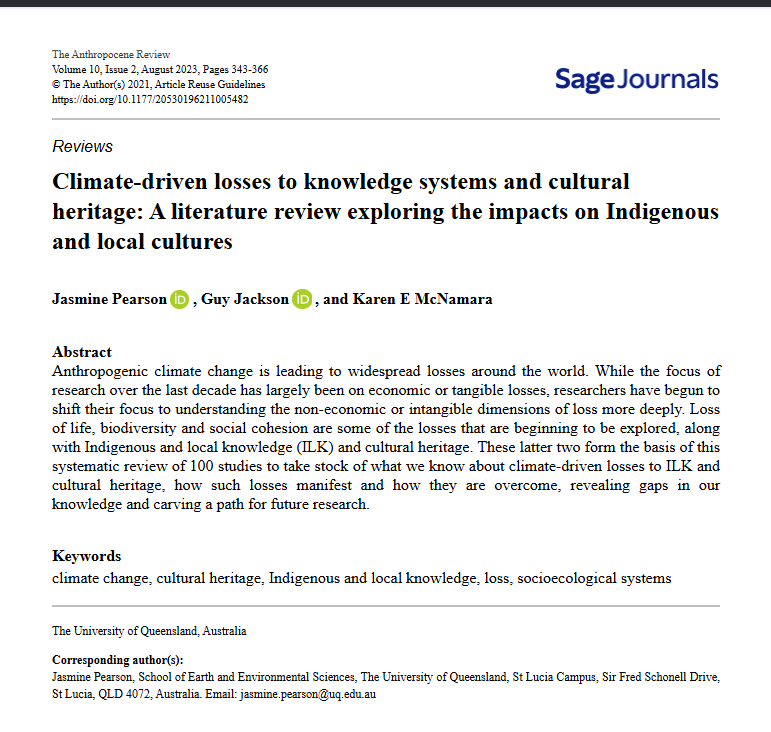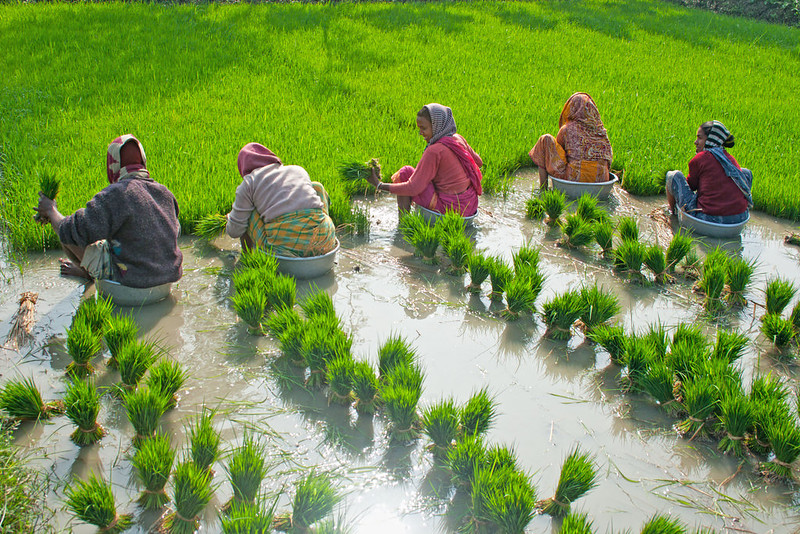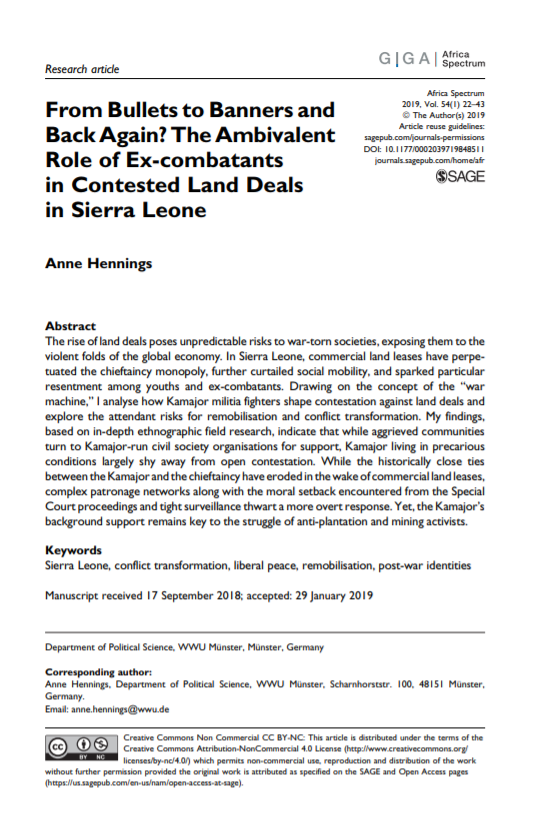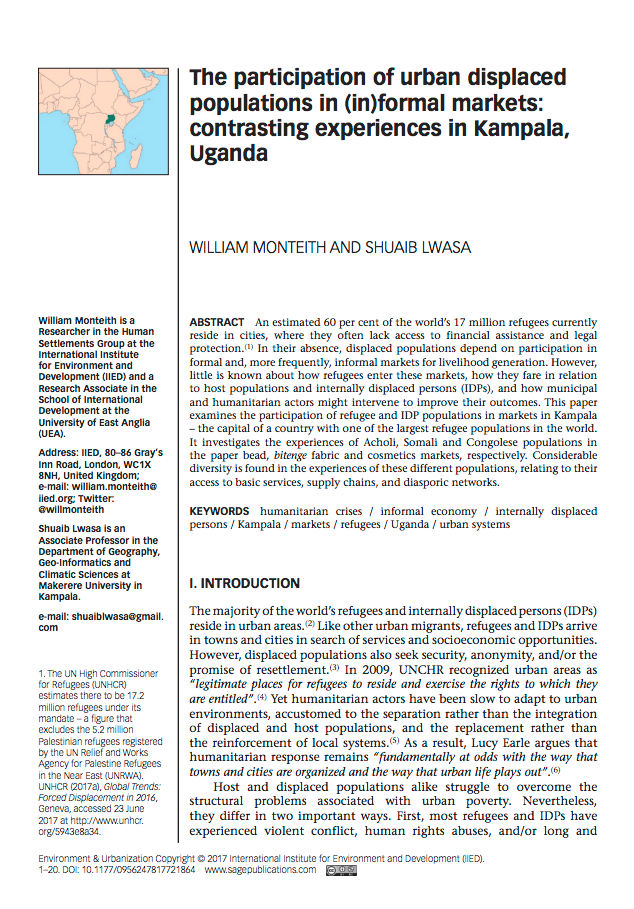Location
Founded in 1965, SAGE is a leading independent, academic and professional publisher of innovative, high-quality content.
Known for our commitment to quality and innovation, SAGE has helped inform and educate a global community of scholars, practitioners, researchers, and students across a broad range of subject areas.
With over 1,500 employees globally from principal offices in Los Angeles, London, New Delhi, Singapore, and Washington, D.C., we publish more than 900 journals and over 800 books, reference works and databases a year in business, humanities, social sciences, science, technology and medicine.
Believing passionately that engaged scholarship lies at the heart of any healthy society and that education is intrinsically valuable, SAGE aims to be the world’s leading independent academic and professional publisher. This means playing a creative role in society by disseminating teaching and research on a global scale, the cornerstones of which are good, long-term relationships, a focus on our markets, and an ability to combine quality and innovation.
Leading authors, editors and societies should feel that SAGE is their natural home: we believe in meeting the range of their needs, and in publishing the best of their work. We are a growing company, and our financial success comes from thinking creatively about our markets and actively responding to the needs of our customers.
Members:
Resources
Displaying 1 - 5 of 12Climate-driven losses to knowledge systems and cultural heritage: A literature review exploring the impacts on Indigenous and local cultures
Anthropogenic climate change is leading to widespread losses around the world.
Gender, Presence and Representation: Can Presence Alone Make for Effective Representation?
One of the earliest demands of Indian women’s organisations in the pre-Independence period was the right to be elected to legislative bodies. Yet, almost a century later, a vast gender gap persists in terms of women’s presence at all levels of governance. Why is it important to include women in political and policy decision-making bodies, beyond the issue of equality? Do women representatives necessarily represent women’s interests? Indeed, how do we define women’s interests and how can they be represented best? And how much presence makes for effective representation?
Making land grabbable: Stealthy dispossessions by conservation in Ngorongoro Conservation Area, Tanzania
This paper seeks to answer the question: how does land become grabbable and local people relocatable? It focuses on the historical and current conditions of land tenure that enable land grabbing. While recognising the important contributions thus far made by the critical literature on land grabbing, this paper moves forward towards understanding specific processes that befall before land is grabbed and its original users relocated.
From Bullets to Banners and Back Again? The Ambivalent Role of Ex-combatants in Contested Land Deals in Sierra Leone
The rise of land deals poses unpredictable risks to war-torn societies, exposing them to the violent folds of the global economy. In Sierra Leone, commercial land leases have perpetuated the chieftaincy monopoly, further curtailed social mobility, and sparked particular resentment among youths and ex-combatants. Drawing on the concept of the “war machine,” I analyse how Kamajor militia fighters shape contestation against land deals and explore the attendant risks for remobilisation and conflict transformation.
The participation of urban displaced populations in (in)formal markets: contrasting experiences in Kampala, Uganda
An estimated 60 per cent of the world’s 17 million refugees currently reside in cities, where they often lack access to financial assistance and legal protection.(1) In their absence, displaced populations depend on participation in formal and, more frequently, informal markets for livelihood generation.





